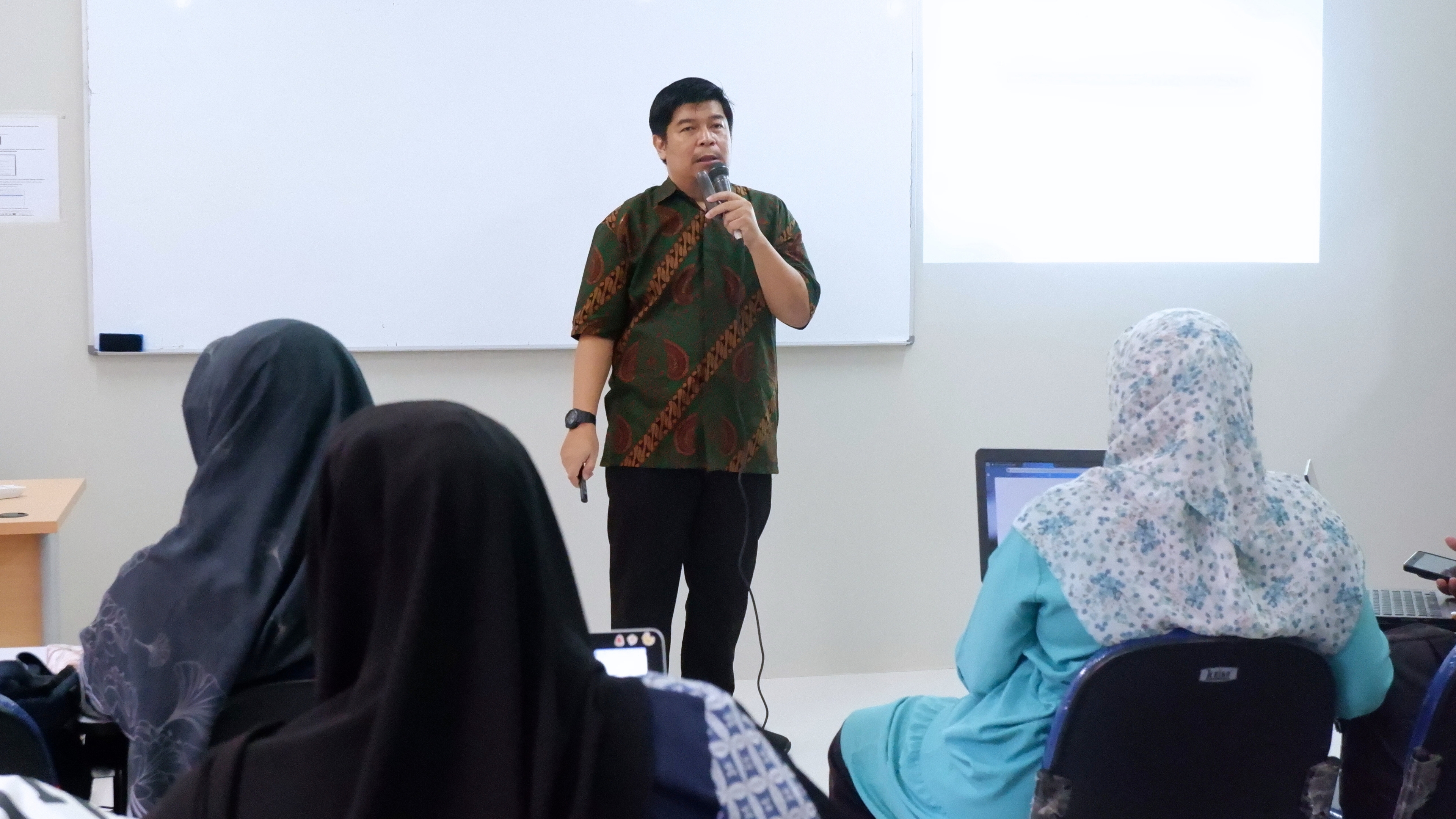Tracing Kartini's Footsteps: Emancipation and Education Inspiration for Indonesian Women

Kartini Day - a moment that is celebrated every April 21 every year. This holiday is of course symbolized by the traditional kebaya clothing ceremony for women. However, each person has their own unique way of living and celebrating the holiday. As the originator of Kartini Day, R.A Kartini herself went through various efforts to create this revolutionary day.
R.A Kartini was the daughter of the regent of Jepara. She was born on April 21, 1879 in Mayong village, Jepara, Central Java, which at that time was part of the Dutch East Indies. R.A Kartini's status as a regent's daughter gave her the opportunity to continue her education at the Dutch Elementary School in Batavia, known as Europeesche Lagere School (ELS). However, due to her status as a native, Kartini was only able to pursue a modest education like other natives.
Due to the educational limitations imposed by the Dutch on the indigenous people, Kartini felt concerned about the social and educational injustices faced by Javanese women at that time. She began to express ideas about the importance of education for women and freedom of thought and action for them. However, Kartini's father stuck to his ban on Kartini to pursue further education and provide learning facilities for the natives.
Behind Kartini's struggle, she was not allowed to leave the house by her father. However, this did not deter her, because of her expertise and intelligence, Kartini had a high academic record and good Dutch language skills by self-taught. This allowed Kartini to realize her dream for equality, especially for women in Indonesia.
With the restrictions placed on the indigenous people as well as herself, Kartini's passion to fight for the indigenous people was awakened, especially to fight for women's rights. Jepara was Kartini's first step to start the equality revolution for the indigenous people. She built the first girls' school to teach sewing, embroidery and cooking skills.
Although Kartini did not receive a proper formal education, she had access to books, texts and literature that gave her a broad insight. With this, Kartini was also able to start teaching the natives how to read, write and calculate, which at the time, social norms prevented women from getting formal education equal to men.
One of Kartini's main focuses was to provide equal access to education for women. She believed that with education, women could free themselves from limitations and improve their status and contribution in society. Kartini established a school for women in her village and actively campaigned for women's rights to education.
It was not easy for Kartini to fight for Indonesian women in her time. She faced various obstacles, such as social and cultural norms that were quite conservative. Women were considered suitable only for domestic roles and were expected to devote themselves to the family. Formal education was not outwardly available to women at that time. Schools generally only accepted boys, while women were considered unnecessary or unfit to receive the same education. This made it difficult for Kartini to pave the way for women to get proper education. Limited resources were also an obstacle, both in establishing schools and in providing adequate educational facilities. At that time, Indonesia was still under Dutch colonial rule. Colonial oppression and control also worsened educational conditions for women. Kartini had to resist not only local social and cultural norms, but also the colonial system that suppressed the freedom and rights of the Indonesian people, including women's rights.
R.A. Kartini received support from various parties in fighting for education for Indonesian women, including some members of Kartini's family and the International Women's Emancipation Movement and her friends. This support from various parties played an important role in strengthening Kartini's struggle and increasing public awareness of the importance of education and gender equality.
One of Kartini's friends who also played an important role in fighting for the education of Indonesian women at that time were Estella Zeehandelaar and Jacques Henrij Abendanon. Through the Dutch magazine, De Hollandsche Lelie, Kartini advertised her desire to find a female friend to correspond with. She aimed to learn more about the women's movement in Europe, especially about the attitudes and ideas of women there. The ad finally received a response from Stella in 1899. Since then, Kartini and Stella often wrote letters and exchanged thoughts and ideas about women's emancipation and education. On the other hand, Jacques Henrij Abendanon and Kartini also shared their views on education, women's emancipation, and other social issues. In the beginning, Abendanon was assigned by the Kingdom of the Netherlands with various missions. One of his focuses at the time was women's education. From his meeting with Kartini, Abendanon seemed to be convinced that Kartini was a woman with great ideas.
When Kartini died, it was Jacques Henrij Abendanon who published Kartini's letters to her pen pals in Europe. The collection of letters was summarized into a book titled Door Duisternis tot Licht (1911), which in Indonesian means 'From Darkness to Light' or known as 'Habis Gelap Terbitlah Terang'. Through the book, we can see the main source of Kartini's thoughts and struggles.
Her dedication in fighting against social and cultural injustice has inspired the next generation to fight for gender equality and education for all.
Eventually, Kartini married Raden Adipati Joyodiningrat, the Regent of Rembang, and when he learned of Kartini's aspirations for the development of the nation, he authorized the construction of the Rembang Girls' School, which is now the Scout Hall.
On September 17, 1904, Kartini breathed her last and was 25 years old. Although Kartini left the world at a young age, her legacy and fight for women's rights in Indonesia continues to be remembered and cherished to this day. Her courage and determination in fighting social injustice, as well as her determination to improve the status and opportunities for women has inspired not only Indonesians but also people around the world.
(Sekar Ayu Putri / HUMAS UNDIRA)
Press Contact :
Biro Humas & Sekretariat Universitas Dian Nusantara
Facebook : www.facebook.com/undiraofficial
Instagram : www.instagram.com/undiraofficial
Twitter : www.twitter.com/undiraofficial
www.undira.ac.id

Campus Tanjung Duren
Jln. Tanjung Duren Barat II No. 1
Grogol, Jakarta Barat. 11470
Campus Green Ville
JIn. Mangga XIV No. 3
Campus Cibubur
Jln. Rawa Dolar 65
Jatiranggon Kec. Jatisampurna, Bekasi. 17432










